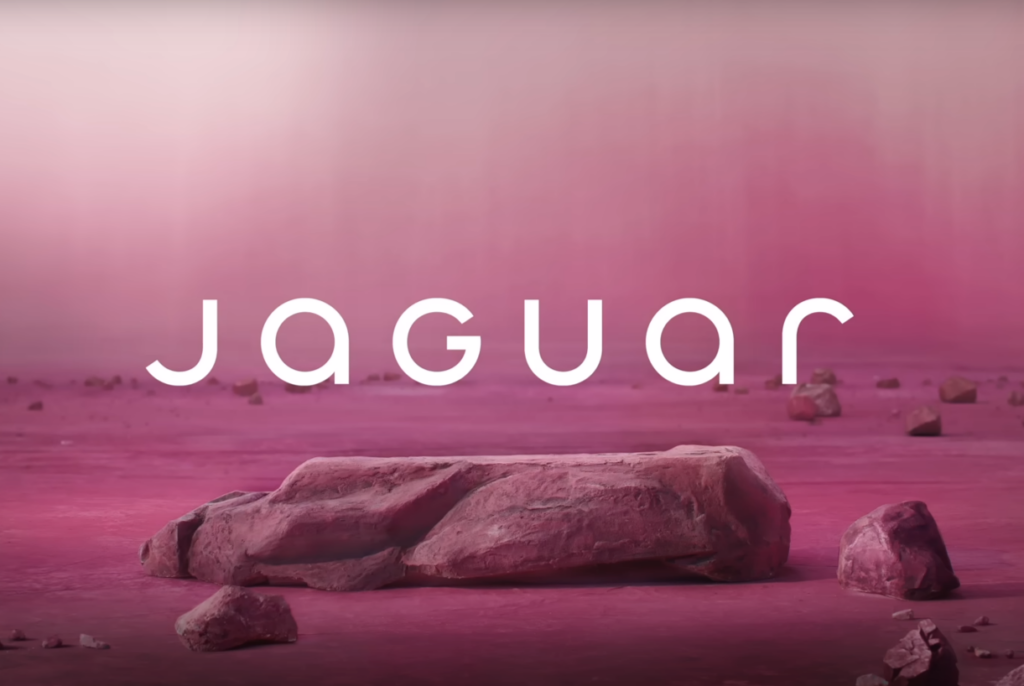
Keyword research plays a pivotal role in the realm of successful digital marketing campaigns.
It is the quiet force that guides the strategies and decisions of digital marketers. Shaping the destiny of online ventures in ways that are not always apparent at first glance.
It works behind the scenes, making sure your content speaks the same language as your audience and meets their needs. But why is it such a big deal, and how does it affect your online presence?
What Is Keyword Research?
Before we get into why keyword research matters, let’s clarify what it entails. Keyword research is all about figuring out the specific words and phrases people type into search engines when they’re looking for stuff online.
Think of these keywords as the magical keys that connect your content to the people you want to reach. They decide whether your website or blog shows up when someone hits the search button.
In simpler terms, keyword research helps you be where your audience is looking, making it a big deal for your online success.
Why Is It Essential For SEO?
Now, let’s address the elephant in the room: SEO, or Search Engine Optimisation. SEO is the craft of improving your website’s visibility on search engines like Google.
If your website doesn’t appear on the first page of search results, it’s like having a billboard in the middle of the desert – no one sees it.
Keyword research is the cornerstone of SEO. By understanding what keywords your audience is using, you can optimise your content to match their intent.
When done right, this leads to higher visibility in search results, increased organic (unpaid) traffic, and improved rankings. In short, it’s the secret sauce that can put your website on the digital map.
Best Practices For Keyword Research
Now that we’ve established its importance, let’s explore some best practices for effective keyword research:
Understand Your Audience: Start by understanding your target audience inside out. What are their needs, problems, and preferences? This deep understanding will help you identify keywords that resonate with your potential customers.
Use Keyword Research Tools: Fortunately, you don’t need to guess what keywords people are using. There are numerous keyword research tools available, such as Google Keyword Planner, SEMrush, and Moz Keyword Explorer. These tools can help you discover relevant keywords, analyse their search volume, and assess their competition.
Focus on Long-Tail Keywords: Don’t underestimate the power of long-tail keywords. These are longer, more specific phrases that may have lower search volume but often have less competition. For instance, “best hiking boots for women” is a long-tail keyword that can attract highly targeted traffic.
Analyse Keyword Difficulty: Keyword difficulty, often expressed as a percentage, measures how challenging it is to rank for a specific keyword. It’s essential to balance your keyword strategy by targeting a mix of low and high difficulty keywords.
Consider Search Intent: Beyond the words themselves, think about the intent behind the keywords. Are users looking for information, products, or services? Tailor your content to match their intent.
What Is Keyword Difficulty?
Now, let’s zoom in on a crucial aspect of keyword research: keyword difficulty. Keyword difficulty (or SEO difficulty) is a metric that indicates how hard it will be to rank highly for a specific keyword in Google’s organic search results.
It’s typically expressed as a percentage, with 100% indicating that the keyword is extremely competitive and challenging to rank on Google’s first page.
Understanding keyword difficulty is like having a map with terrain markings before embarking on a hike. It helps you anticipate the challenges ahead and choose your path wisely.
If you only target highly competitive keywords, you might find yourself climbing an SEO mountain without the right gear. On the flip side, if you focus solely on low-competition keywords, you might tread on paths with limited traffic potential.
Keyword difficulty guides you to the sweet spot—the keywords that bring a good amount of organic traffic without requiring an excessive amount of effort. It’s your compass for navigating the competitive landscape.
Contact Chameleon for Your Keyword Research
At Chameleon, we recognise the pivotal role keyword research plays in driving your online success. Our team specialises in the art and science of optimising your content to target the right keywords.
We’re not just content creators; we’re digital strategists who understand how to make your content shine in the digital universe.
Ready to harness the power of keyword research for your SEO strategy? Contact us today to discover how Chameleon can elevate your digital presence.
Let’s embark on this journey together and ensure your website stands out in the crowded digital landscape.
Sections:
Share This Content
More Chameleon Insights
- Digital Marketing
- SEO
- Web Design
Google’s Core Update March 2025: 5 Key Tips for Businesses
Instead of worrying about where your site stands, Chameleon is here to help advise you on how your busyness's website can come out stronger, rather than weaker, following Google's Core Update March 2025 update.
28 Mar 2025
- Digital Marketing
The Tesla Pi Phone Hoax: A Digital Marketing Case Study
The Tesla Pi Phone rumor which has been in circulation for years is a fascinating case study in how digital hype can take on a life of its own. But how did it happen? And what can digital marketers learn from it?
14 Mar 2025
- Digital Marketing
- Microsoft
End of an Era: Microsoft Shuts Down Skype
Skype quickly become a globally renowned platform for communications in 2003 when it was founded, disrupting the landline industry. For many families, it became a means of calling with audio and video, connecting people across the world with ease. At its peak, Skype boasted millions of users worldwide, with households and businesses adopting the platform…
07 Mar 2025
- Digital Marketing
- SEO
7 SEO Link-building Strategies that Work in 2025
We l breakdown our top 7 actionable SEO link-building strategies that you can use for your website.
14 Feb 2025
- Digital Marketing
Digital Marketing Trends to Look Out For in 2025
Digital marketing trends to look out for in 2025. Find out what marketing strategies are taking the world by storm this year and how your business can adapt.
31 Jan 2025
- Digital Marketing
Is Blogging Dead in 2025?
In the ever-evolving digital landscape, there is almost an expectation that one year, blogging will finally 'die', with video marketing, social media marketing and AI-generated content all waiting in the wings to take its place. But is blogging really dead in 2025? Well, this blog is here to prove it isn't.
31 Jan 2025
- Digital Marketing
- SEO
Why Local SEO Is More Important Than Ever in 2025
Boost your business in 2025 with expert local SEO strategies from Chameleon Web Services. Drive traffic, build trust, and stay ahead of the competition!
17 Jan 2025
- Digital Marketing
- SEO
SEO For Startups: 10 Essential Tips for Organic Growth
SEO for startups: boost your startup’s online presence with 10 essential SEO tips! Learn strategies for sustained organic growth today from leading SEO agency.
20 Dec 2024
- Branding
- Web Design
Jaguar’s New Logo: Calculated Gamble or Brand Implosion?
Jaguar's New Logo. Is Jaguar's controversial rebrand a bold move for the future or a betrayal of its luxury heritage? Chameleon dives deep into the topic.
06 Dec 2024
- Web Design
How to Use Colour in Web Design
Learn how to use color effectively in web design to convey mood, guide user actions, and enhance brand identity. Discover Chameleon’s bespoke design services.
22 Nov 2024
- Web Design
The Evolution of the McDonald’s Logo
The evolution of the McDonald's logo reveals over 80 years of brand growth. Learn how branding helped shape a fast-food cultural phenomenon.
08 Nov 2024
- Digital Marketing
How Important Is Competitor Research in SEO?
With effective competitor research, you can learn what is working well for your competitors, what tactics they use to achieve success, and what gaps there are in the market that you can exploit.
25 Oct 2024













